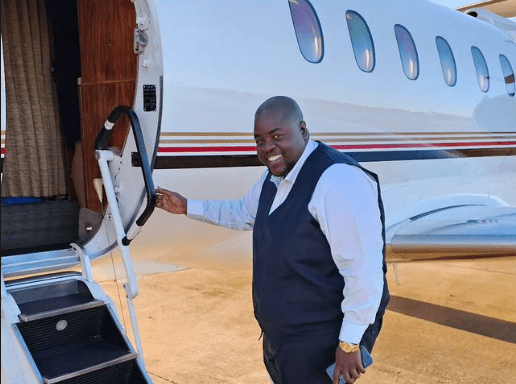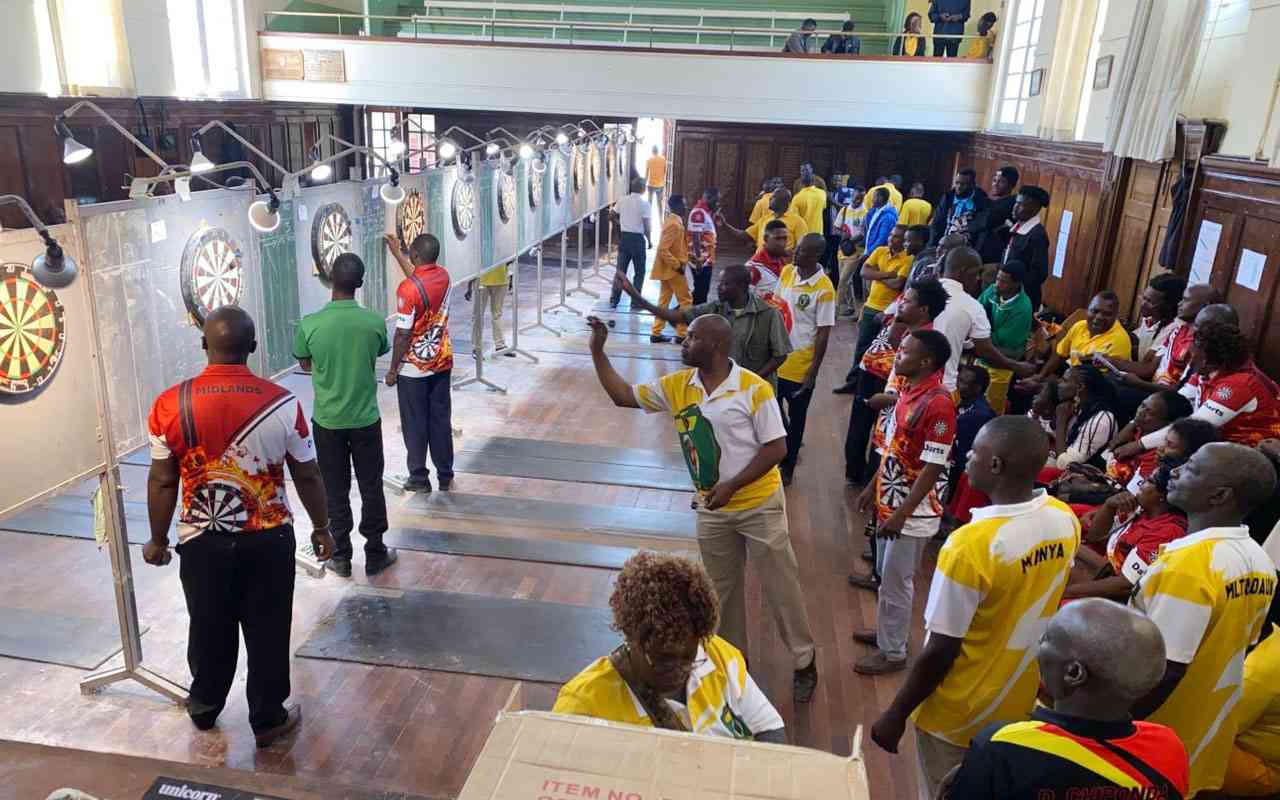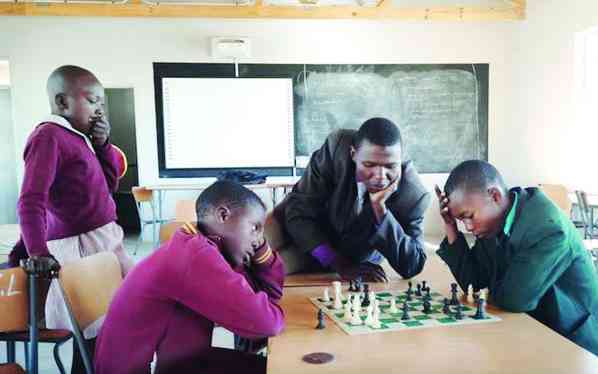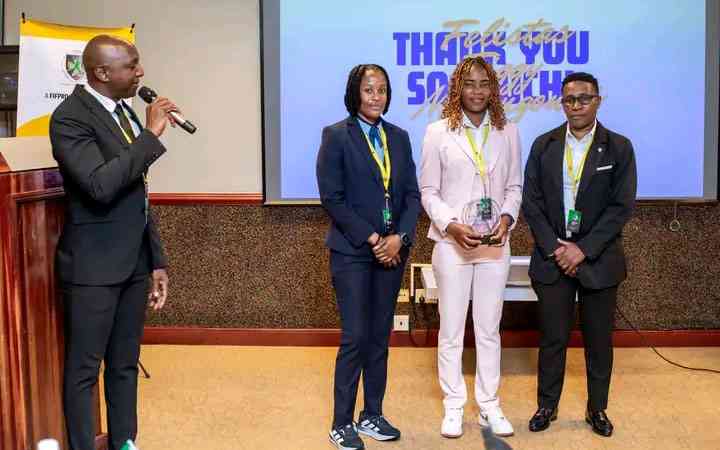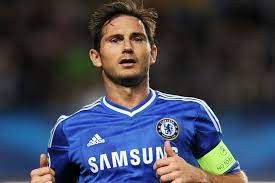
Frank Lampard, Steven Gerrard, Paul Scholes, Bobby Charlton, Wayne Rooney – we have probably heard of them all and can find some common denominators in them.
They are all English international soccer players – yes! They are all Champions League and EPL winners – yes!
They have all excelled in midfield positions – yes! But there is one more thing that unites them all – they have all failed as coaches or managers.
They were all great players but they never went anywhere near to succeeding as managers. How can they be so great at playing but not at coaching?
In his autobiography, Gary Teichmann, the former Springbok rugby captain (born in Gweru) who led South Africa to a world record seventeen consecutive wins, described a “trend that threatens to undermine the traditional power and glory of the schools’ rugby structure” and bemoaned the “inability to involve former provincial and national players at school levels”.
That trend was the lack of quality coaching from former international players. He identified two possible reasons for this fact: firstly, he claimed that “teachers were reluctant to accept former players into their areas of responsibility” (Were the teachers jealous?) and secondly, he argued that there was “no money in coaching kids” so it was not a vocation that appealed to former players.
While there may be some merit in his arguments, they do miss out the point made in the first paragraph – great players do not necessarily make great (or even good) coaches and that may well be the reason why teachers were reluctant to accept former players.
Indeed, schools here often do appoint big name players to come to coach pupils at their school, perhaps hoping more to increase the school’s reputation than develop the children’s ability, yet the team’s performances do not necessarily improve.
- The Soccer Whiz:The return of the European heavyweights
- Mat South innovates to boost COVID-19 vaccine uptake
- The Soccer Whiz: Is the EPL now a farmers league?
- Building narratives: Nurse pens anti-child marriages fiction novel
Keep Reading
Indeed, we need to take the argument further, for we need to understand that a great coach at adult level will not necessarily make a great coach at school level.
Here in Zimbabwe, we do face a similar conundrum regarding former players becoming school coaches.
Now, in contrast to previous generations, where teachers not only coached sport but also continued to play sport, we now have, on the one hand, teachers who have never had the opportunity or privilege to play sport but also more importantly have never trained as sports coaches, while on the other hand we have former players who believe they are now sports coaches but who have never trained to coach children.
It takes three to four years for someone to train and qualify as a teacher, as one who understands how to communicate with children at different levels, yet we have sports coaches coming in to schools to coach those same pupils who have often had little more than a couple of weeks training in coaching the sport and, more importantly and frighteningly, have had absolutely no training whatsoever in handling, encouraging, developing youngsters.
A number of years ago, a school coach was overheard saying to the pupils in exasperation, “I’m a good coach; why don’t you get this?”
The reality is that, while it may have been true that the pupils did not “get it”, he did not get the glaring point that if he was a good coach, they would have got it but the fact that they did not get it showed that he was not a good coach.
He did not know or understand how to communicate with children. He knew how to do the skill but he could not describe it to ensure they could do it.
Teichmann was right: we do want, and indeed need, former top players to put something back into the game from which they have gained immensely. However, it may not be in coaching. Sports are crying out for people who have played the game at a high level to bring that understanding, experience, expertise to the next generations.
However, those people must know, understand, and be able to engage with and relate to young children, knowing the different steps needed to develop them and knowing how to get the most out of them.
National sports associations must start to train coaches along the lines teachers are trained, not just in terms of skills and tactics.
We must indeed involve former players but we must get the right coaches for children. That way they then may become a great player (not a coach) like Gerrard or Lampard or Teichmann.

